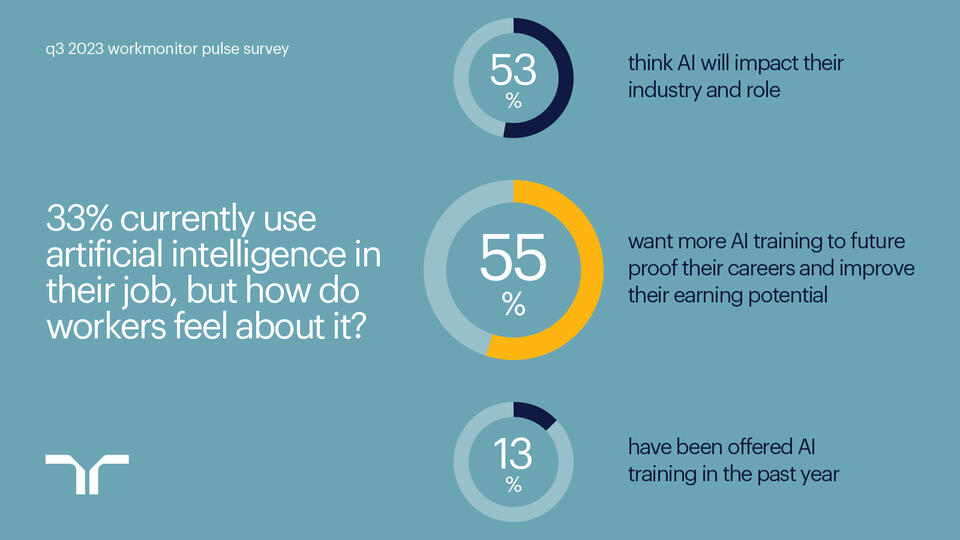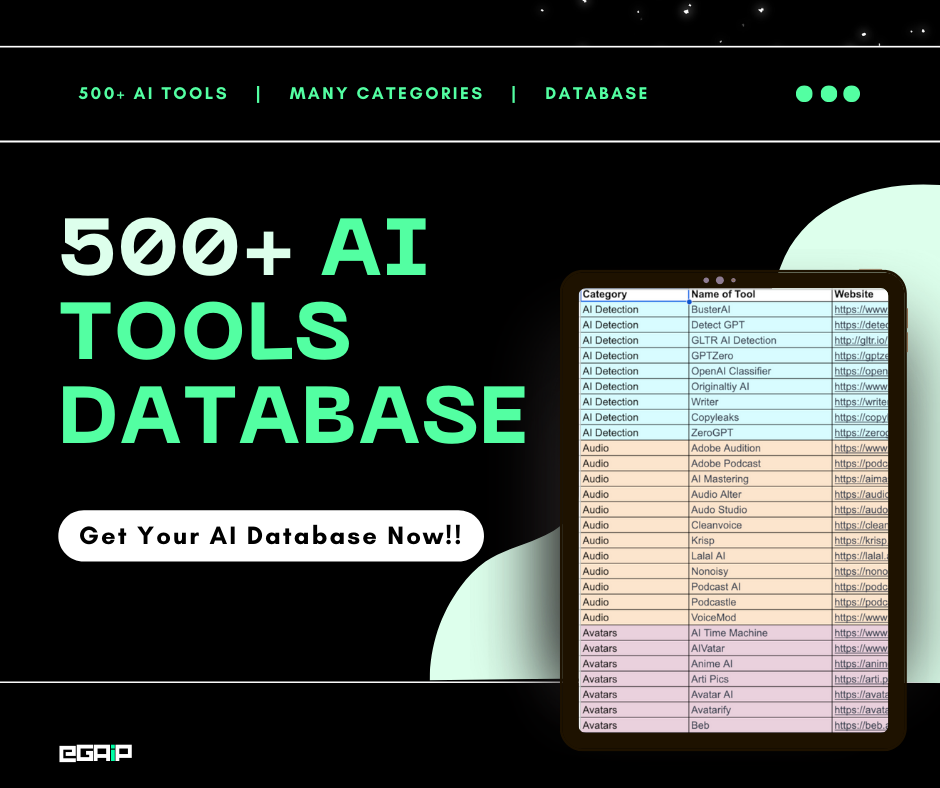- Half of Indian workers are worried about losing their jobs to AI, higher than in the US, UK, and Germany.
- The fast adoption of AI in India and a large number of BPOs and KPOs contribute to this fear.
- The study emphasizes the need for continuous learning and skill development to adapt to AI changes.
October 30, 2023: Indian workers are more worried about artificial intelligence (AI) taking away their jobs compared to people in countries like the US, UK, and Germany.
This is according to a new study by Randstad. The study says at least one out of every two workers in India is scared of losing work to AI. In other developed countries, this number is only one in three people.

Viswanath P.S. of Randstad India, explained why this is happening in India.
He said, “India has many BPOs and KPOs. People in these companies do jobs that AI can do. Also, AI is growing very fast in India. These workers need to keep learning new things for the future.”
The study focused on what workers need to learn and how AI is affecting them. It spoke to 1,606 people in India.
Out of these people, 55% were men and 45% were women. Seven out of 10 people said AI will change their jobs and industries. Most of these people understand that learning new tech skills is important for the future.
Viswanath added, “Workers are thinking about how to keep their jobs safe from AI. They need to keep learning.”
According to the survey, most people are already using AI in their work. Only a small part, 6%, said they did not get any AI training in the past year.
When asked what they want to learn, 30% said they want to know more about AI.
Others said they want to learn about IT and tech (28%), and some want to learn about being better leaders (27%).
Half of the people in the study also said something very interesting. They said if their company does not help them learn new things in the next year, they will quit their job.
The study also found what different age groups want from work. Older workers, or ‘boomers,’ care more about how much money they make. Younger workers, or ‘Gen X,’ want more flexible work times.
The study showed that people in different types of jobs have different fears about AI.
People who make cars and airplanes are most worried. After them, people who make food, people in IT, and people in finance are also worried.
This study shows that learning new skills is very important for workers now. It also shows that people in India are more worried about AI taking their jobs than people in other countries.










